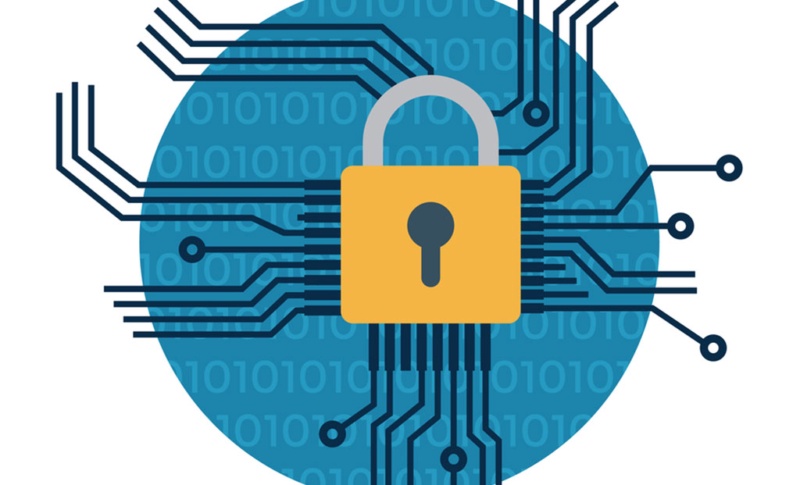Protecting sensitive data is not just about compliance; it is a fundamental aspect of maintaining trust, integrity, and continuity in business operations. This article explores the most effective data security solutions that organizations can deploy to safeguard their sensitive information.
Understanding the Importance of Data Security
Before exploring the solutions, it is crucial to understand why data security is so important. Data breaches can lead to significant financial losses, legal penalties, and damage to an organization’s reputation. In a world where data is a valuable asset, ensuring its safety is vital.
Comprehensive Data Security Solutions
Here are some of the top data security solutions that can help protect sensitive information in today’s increasingly digital world:
1. Advanced Encryption Techniques
Encryption is the process of converting data into a code to prevent unauthorized access. Using advanced encryption techniques ensures that sensitive data remains secure, whether it is stored on a server or transmitted over a network.
2. Robust Firewall Protection
Firewalls act as a barrier between your network and the internet, controlling incoming and outgoing network traffic based on an applied rule set. Implementing robust firewall protection is a fundamental step in safeguarding your network from external threats.
3. Intrusion Detection and Prevention Systems (IDPS)
IDPS are crucial for monitoring network and system activities for malicious activities or policy violations. They not only detect potential threats but also take action to prevent the breach from causing damage.
4. Security Information and Event Management (SIEM) Solutions
SIEM solutions provide real-time analysis of security alerts generated by applications and network hardware. They are essential for identifying potential risks to sensitive data and offering a holistic view of an organization’s security posture.
5. Data Loss Prevention (DLP) Technologies
DLP technologies are designed to detect and prevent data breaches, leaks, or unauthorized transmission of sensitive information outside the corporate network. They play a crucial role in ensuring that sensitive data does not leave the organization in an unsecured manner.
6. Multi-Factor Authentication (MFA)
MFA requires users to provide multiple credentials to verify their identity for login or other transactions. This adds an extra layer of security beyond just a username and password which reduces the risk of unauthorized access.
7. Regular Security Audits and Compliance Checks
Conducting regular security audits and compliance checks helps identify vulnerabilities and ensure that the organization adheres to the latest security standards and regulations.
8. Employee Training and Awareness Programs
Educating employees about data security best practices and potential cyber threats is vital. Regular training can drastically reduce the risk of data breaches caused by human error.
9. Endpoint Security Solutions
Endpoint security solutions protect the network by ensuring that all devices that connect to it meet certain security standards before access is granted. This includes securing every endpoint, from laptops to mobile devices, against cyber threats.
10. Cloud Security Solutions
As more organizations move to cloud-based solutions, ensuring the security of data stored in the cloud is highly important. Cloud security solutions provide advanced protection for your data in the cloud, including encryption and access controls.
The Role of Data Discovery in Data Security
Effective data security begins with knowing what data you have and where it resides. Data Discovery is a crucial process that involves identifying, locating, and classifying data, especially sensitive data, within an organization. This step is fundamental in applying the appropriate security measures.
Emphasizing Continuous Improvement and Adaptation in Data Security
In data security, it is vital to recognize that technology is constantly progressing. As new threats emerge and technology advances, so must the strategies and tools used to protect sensitive data. This necessitates a commitment to continuous improvement and adaptation in security protocols.
Organizations need to stay informed about the latest cybersecurity trends, regularly update their security infrastructure, and be prepared to swiftly adapt to new threats. This approach not only helps in mitigating current risks but also positions organizations to proactively deal with future challenges. By fostering a culture of continuous learning and adaptation, businesses can ensure that their data security measures remain robust and effective in the face of changing digital threats.
Data Security is a critical concern for organizations in the digital age. Implementing effective data security solutions is key to safeguarding sensitive information against the ever-evolving landscape of cyber threats. With the right approach, organizations can establish a robust defense mechanism, ensuring their data remains secure and their operations resilient against digital vulnerabilities.




